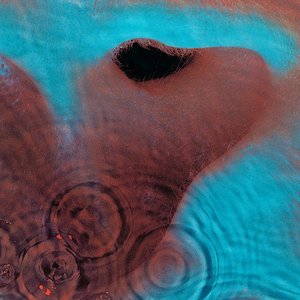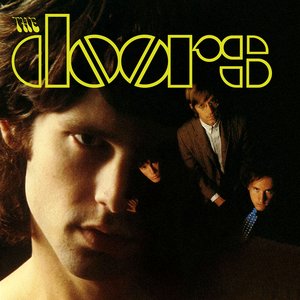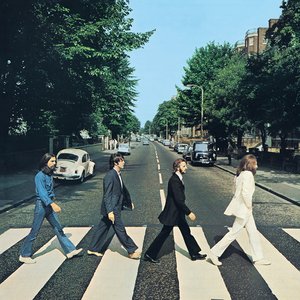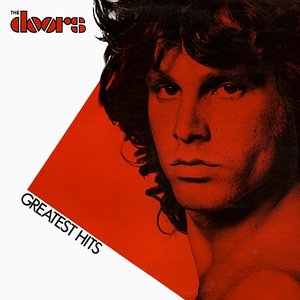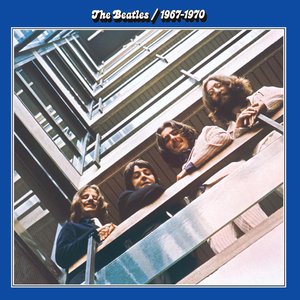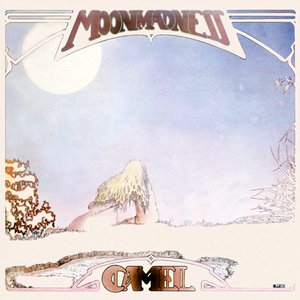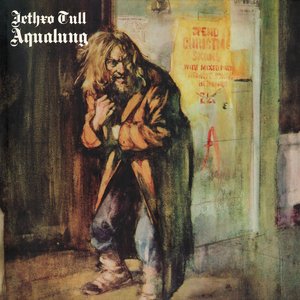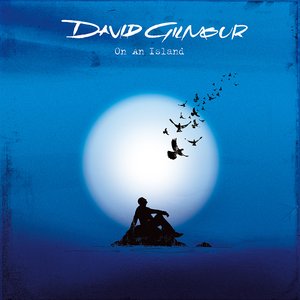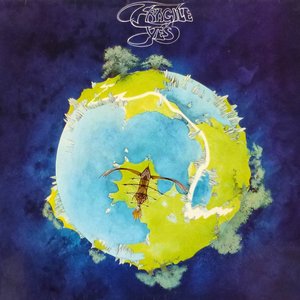Wiki
-
Length
25:33
"Echoes" is a song by the British progressive rock group Pink Floyd which appears on their 1971 album "Meddle". It runs for 23 and a half minutes and is considered by many to be the band's finest post-Syd Barrett, pre-"Dark Side of the Moon" compositions.
Although the intentions of the band are unconfirmed, Echoes is commonly enjoyed while synched with the "infinity" segment at the end of Stanley Kubrick's 1968 film, 2001: A Space Odyssey.
(Edited by IRONICtypo)
Another description
Echoes is a song by Pink Floyd, including lengthy instrumental passages, sound effects, and musical improvisation. Written by all four members of the group (credited as Roger Waters, Richard Wright, Nick Mason, David Gilmour on the original release), Echoes provides the extended finale to Pink Floyd's album Meddle. The track has a running time of 23:31 and takes up the entire second side of the vinyl recording.
It also appears in shortened form as the fifth track on the compilation album which took its name, Echoes: The Best of Pink Floyd. Echoes is the third-longest song in Pink Floyd's catalogue, after Atom Heart Mother (23:44) and the combined segments of Shine On You Crazy Diamond (26:01). Unlike those pieces, it is not explicitly divided into separate parts; however, the composition was originally assembled from separate fragments, and was later split in two parts to serve as both the opening and closing numbers in the band's film Live at Pompeii.
In an interview with Rolling Stone Roger Waters said he was attempting to describe "The potential that human beings have for recognizing each other's humanity and responding to it, with empathy rather than antipathy."
This was originally called "Return To The Sun Of Nothing."
The band got the idea for this when Rick Wright played a single note on his keyboard, and Roger Waters got the idea to record it into a microphone attached to a Leslie speaker, which created a swirling effect.
At this stage of their career, Pink Floyd wrote most of their songs separately. This was the first one in a while that they wrote together.
If you noticed something eerily familiar while watching Phantom of the Opera, you may have picked up the vibe of this song. Roger Waters sure did. "The beginning of that bloody Phantom song is from 'Echoes,'" he told Q magazine. "It's the same time signature - it's 12/8 - and it's the same structure and it's the same notes and it's the same everything."
Rick Wright told Mojo magazine December 2008 that he wrote the music for this song. He explained: "The whole piano thing at the beginning and the chord structure is mine, so I had a large part in writing that. But it's credited to other people of course. Roger obviously wrote the lyrics."
The band allowed filmmaker George Grenough to use this in one of his surfing movies. The band used scenes from the movie when they played this on their 1987 tour.
A year or two after the release of 2001: A Space Odyssey, Pink Floyd was working on Meddle. The ending part of the movie is 23 minutes long and the song echoes is also 23 minutes long. Play the song while watching the end sequence of the movie and enjoy. >>
On August 24, 79 A.D., the Mt. Vesuvius volcano erupted and destroyed the city of Pompeii. Approximately 1,900 years later, Pink Floyd played "Echoes" parts I and II in the city's ancient amphitheater. No crowd was present, but the concert was recorded on film. >>
"Echoes" was the title of Pink Floyd's 2001 "Best Of" collection.
Wright revealed to Mojo that the wind section after the song's intro was Roger Waters with a slide on his bass. Also David Gilmour's seagull sound was a mistake. He explained about the latter: "One of the roadies had plugged his wah wah pedal in back to front, which created this huge wall of feedback. He played around with that and created this beautiful sound."
The underwater oceanologist Jacques Cousteau played this during his Caribbean escapades.
The song was a homage to the minimalist composer Terry Riley.
Track descriptions on Last.fm are editable by everyone. Feel free to contribute!
All user-contributed text on this page is available under the Creative Commons Attribution-ShareAlike License; additional terms may apply.

